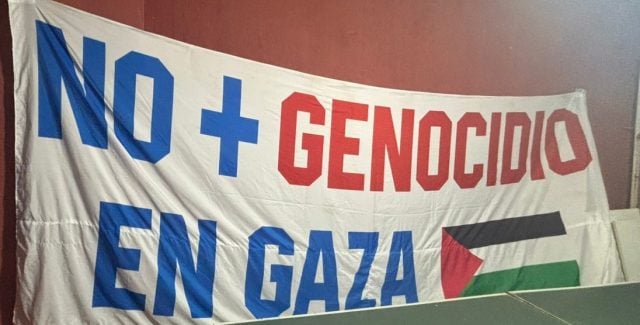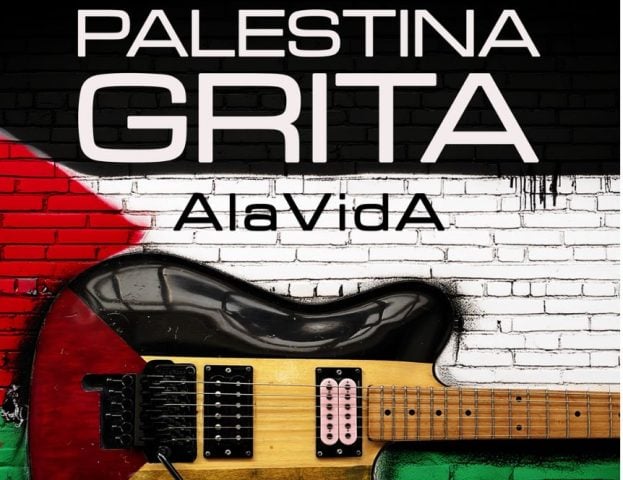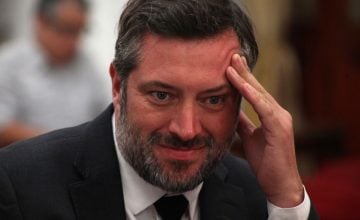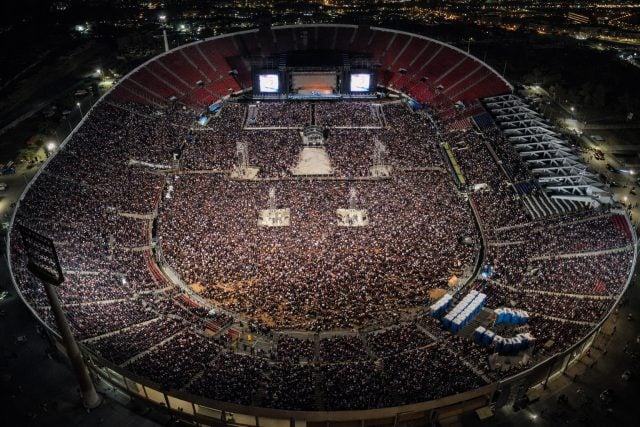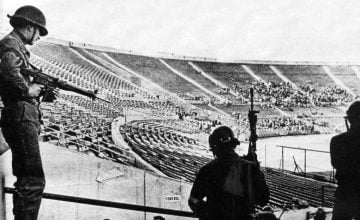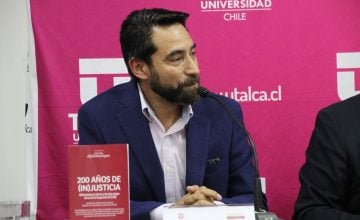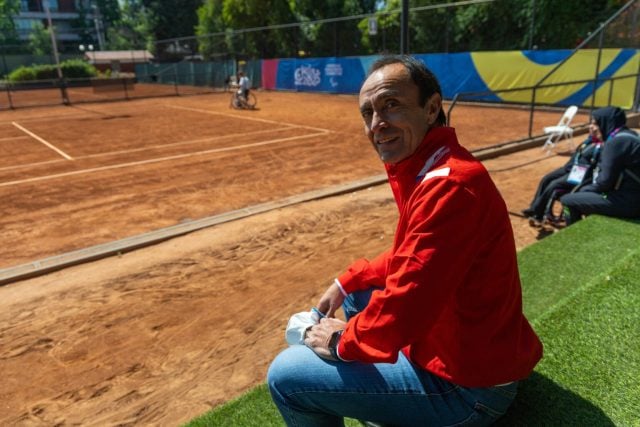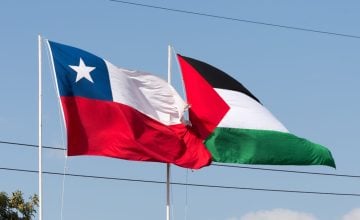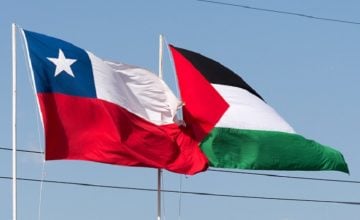Fan says stadium security used excessive force to remove him from the stands and imposed a “right of admission” stadium ban for allegedly “inciting violence,” without providing any grounds.
On Saturday, September 27, during Chile’s triumphant Under-20 debut against New Zealand at the National Stadium (Estadio Nacional), a confrontation in the stands escalated quickly. Diego Olmos, a member of the corporation “Católica para su Gente,” was expelled after unfurling and defending a banner that read “No more genocide in Gaza,” along with several flags in support of Palestine. The peaceful protest, aimed at drawing attention to the suffering of the Palestinian people, ended with the fan sanctioned and threatened with legal action.
Olmos said he intended to use the Under-20 World Cup platform to display a banner—shown on previous occasions—to demonstrate that “people here also stand up for and support the Palestinian cause,” he told El Ciudadano. He added that many spectators asked for the flags the corporation had brought to show their solidarity with the Palestinian people.
The incident began when a security supervisor approached and demanded the banner be removed, arguing it was visible on the broadcast camera shot, which they said was not allowed. Olmos and his companions agreed to lower the sign but refused to put away the flags they were holding: “That’s when the guards arrived and started pushing and hitting us; that’s when the trouble began,” he said, noting he had attended the match with his family.
The security intervention escalated into a forceful eviction, prompting sections of the crowd to chant “Free Palestine” repeatedly in support. The fan said he was taken to a Carabineros police outpost after accepting full responsibility for the banner. He was then notified of a summons to the local police court for October 15 and informed that a “right of admission” ban would be applied—an outcome he considers completely inconsistent: “Our message seeks to stop the violence, yet we’re barred from returning for supposedly inciting violence,” he said.
Diego Olmos maintains that officials offered no justification for the sanction and “never told me it was because of the banner’s message,” so he plans to pursue legal action. His priority now is to gather evidence to report the guards who, he says, violently removed them from the stadium. He also publicized the case of a child at the Rancagua stadium during the France versus South Africa match who was forced to remove a keffiyeh — the traditional Palestinian scarf — upon entry, which he described as a serious act of discrimination and censorship. “While matches are played and goals are celebrated, entire families in Gaza are dying under bombardment,” he concluded.
